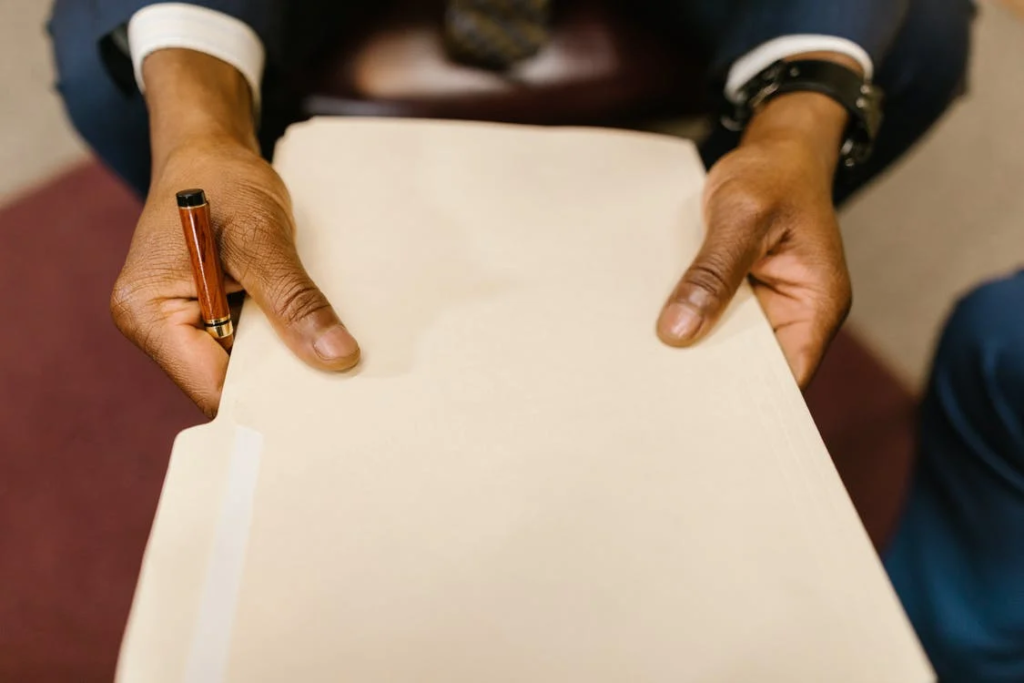6 Common Mistakes That Can Ruin Your Estate Plan

Everyone wishes to leave a legacy behind for their family and dear ones. When you have put all your life and efforts into building a fortune for yourself and your family, there is no reason to be hasty with planning your Estate and its future.
Your Estate Plan determines how your property and possessions are dealt with when you’re terminally ill or after you pass away. The Estate Plan needs to be drawn meticulously, with careful consideration of every decision and its consequences.
Here are some common Estate Planning mistakes you should be aware of and make sure you don’t make one of them.
1. Not Making a Will
A Will is fundamental to Estate Planning. A person who dies without a Will is said to have died ‘intestate’ and their Estate is governed by the law of intestacy. This means that the law will decide who will be the beneficiaries of the Estate and how much each beneficiary will get.
The law of intestacy recognizes the spouse or the civil partner, and the children of the deceased as the rightful heirs. But it doesn’t recognize the rights of an unmarried partner. In the absence of a Will, divorced partners and any children outside the marriage do not have a right of inheritance.
When it comes to Estate Planning, not making a Will can prove to be a major blunder. For instance, if you want the property to be distributed in a particular ratio, or if you want an unmarried partner to be the heir, you have to lay specific instructions in your Will. Without a Will, your plans for the distribution of your property and possessions after your death cannot materialize.
2. Waiting for a Certain Age to Write Your Will
If you think that a Will should be made only after retirement or after you attain a certain age, you’re grossly mistaken. Life is uncertain. No one can predict how long they’re going to live. If you want to secure the future of your dependents after you’re gone, you should consider making a Will as soon as possible.
Any time after 18 years of age is a good time to think about making a Will. You may not have significant assets at a young age, but that doesn’t make a difference to how much you care for your loved ones. If you’re already considering Estate Planning, the right time to make a Will is NOW.
3. Not Taking Professional Help
Estate planning is not a simple process. There are several complicated legal and tax implications that you may not even be aware of. You need professional advice from a real estate lawyer from Red Deer to make sure you don’t commit any errors.
You also need guidance while making a Will. Many people wrongly assume that a Will is written in secrecy. While it’s true that handwritten or DIY Wills are acceptable, there are very few such Wills that pass the tests of legal validity. The Will needs to be duly drafted and witnessed. An experienced solicitor can advise you about these technicalities. If you don’t want to bother visiting a lawyer’s office, you can always consider making your Last Will and Testament online.
4. Failing to Update Your Will
Once you’re done with Estate planning, don’t just let your Will lie in the safebox. Major events in your life can have an impact on your Estate too. For instance, you may decide to remarry or have more children, years after you made the Will. If you don’t update the Will, regretfully, your original wishes will prevail and the new members of the family may be left out of the inheritance.
So whenever there is a significant life event like a new relationship, birth, or death, go back to the Will and make changes to reflect your intentions. Even if no such event occurs, it’s a good practice to review the Will once in a few years.
Now when you make changes to the Will, don’t just go writing over the document with a pen! Your Will is a legal document, formally drafted and executed in the presence of witnesses. Making any amends to the Will renders it invalid. If you want to change the Will, take professional help and get it redrafted. The new Will should be duly executed in presence of witnesses.
5. Choosing a Wrong Person as the Executor
You need to be very careful when choosing an Executor of your Will. The Executor will have to carry out major responsibilities after you’re gone. The task can be emotionally challenging. Nominate a person who you can trust and expect to be resilient in such situations. The person should be willing to handle the affairs as per your wishes.
Put a lot of thought into this decision. Choosing a person who is not comfortable with the responsibility would lead to a lot of chaos after your death. Your Will and your wishes may get messed up in legal complexities. Worse will be a situation if the person turns out to be a crook. They may cheat the beneficiaries and deprive them of their inheritance.
6. Not Including Digital Assets in the Will
These days, the most common error in Estate planning turns out to be ignoring digital assets. People easily forget that their possessions include digital property like online purchases, subscriptions, and accounts too. If your Will doesn’t indicate how these assets are to be accessed and used, sadly, they will get lost in the digital universe after you die.
When you make a Will don’t forget to consider all your beautiful memories, photographs and videos, emails, and social media accounts. Leave clear instructions about who will get access to your passwords and what they’re supposed to do with the accounts.
Read More: The Importance Of A Last Will And Testament (And Some Of The Most Common FAQs)
Conclusion
People are least aware of the formalities and the nitty-gritty details of Estate planning. Ignorance can’t be bliss! Remember, even a small mistake in Estate Planning can result in a major loss for your beneficiaries.
We hope that with the information in this article you will be able to make wise decisions for the welfare of your loved ones. But don’t treat it as a substitute to professional advice. Always take legal and tax advice when planning your Estate.

Pranab Bhandari is an Editor of the Financial Blog “Financebuzz”. Apart from writing informative financial articles for his blog, he is a regular contributor to many national and international publications namely Tweak Your Biz, Growth Rocks ETC.







